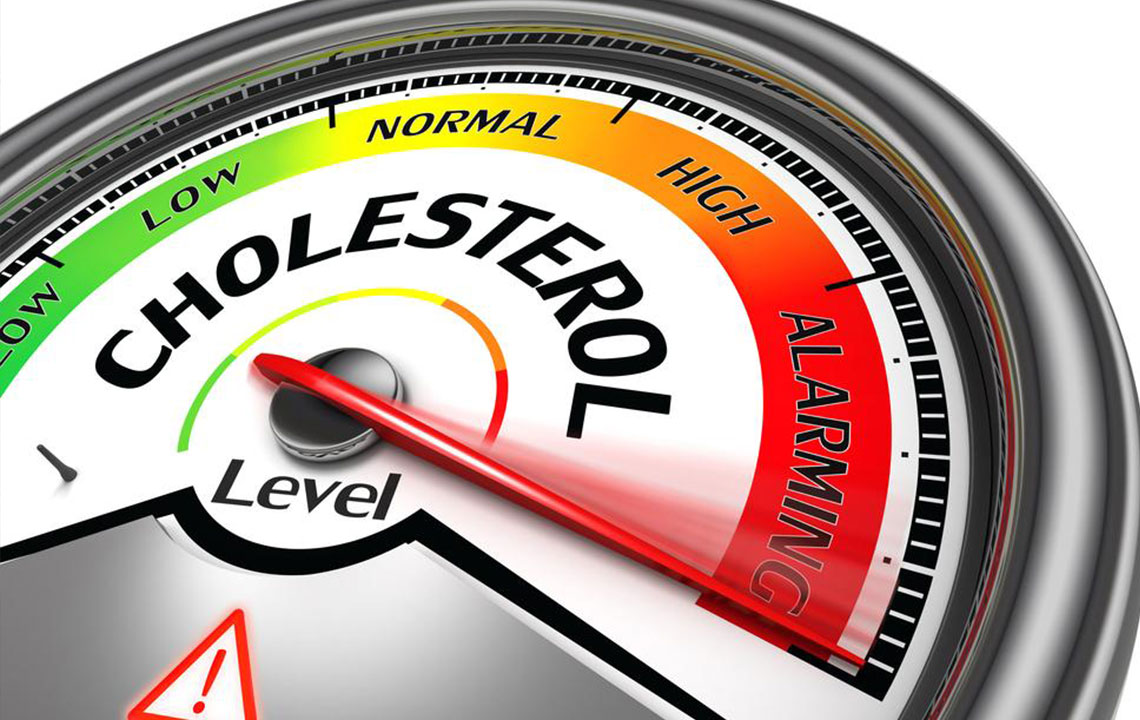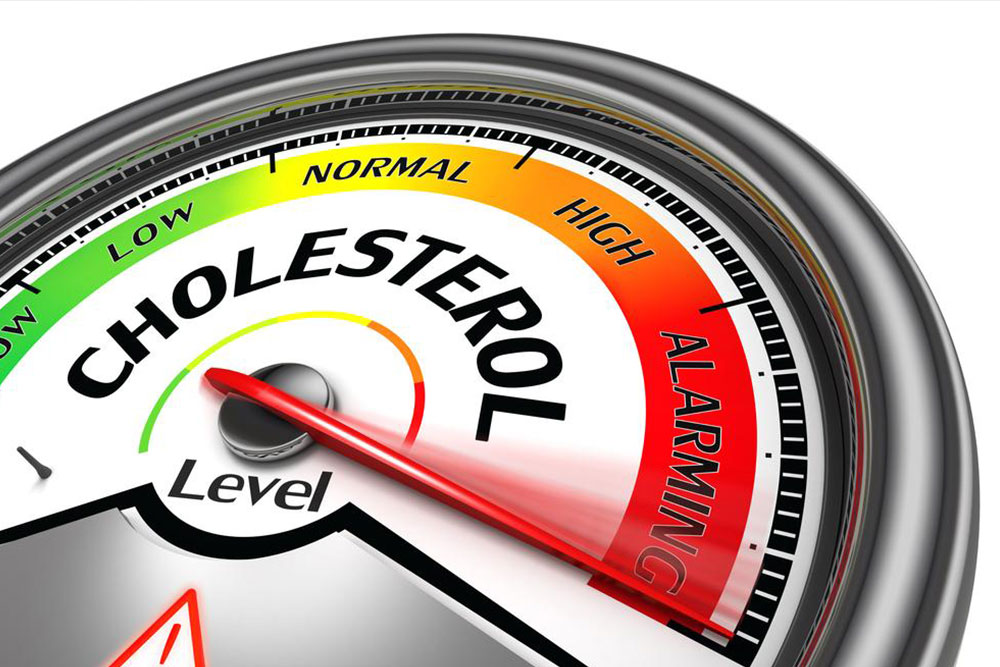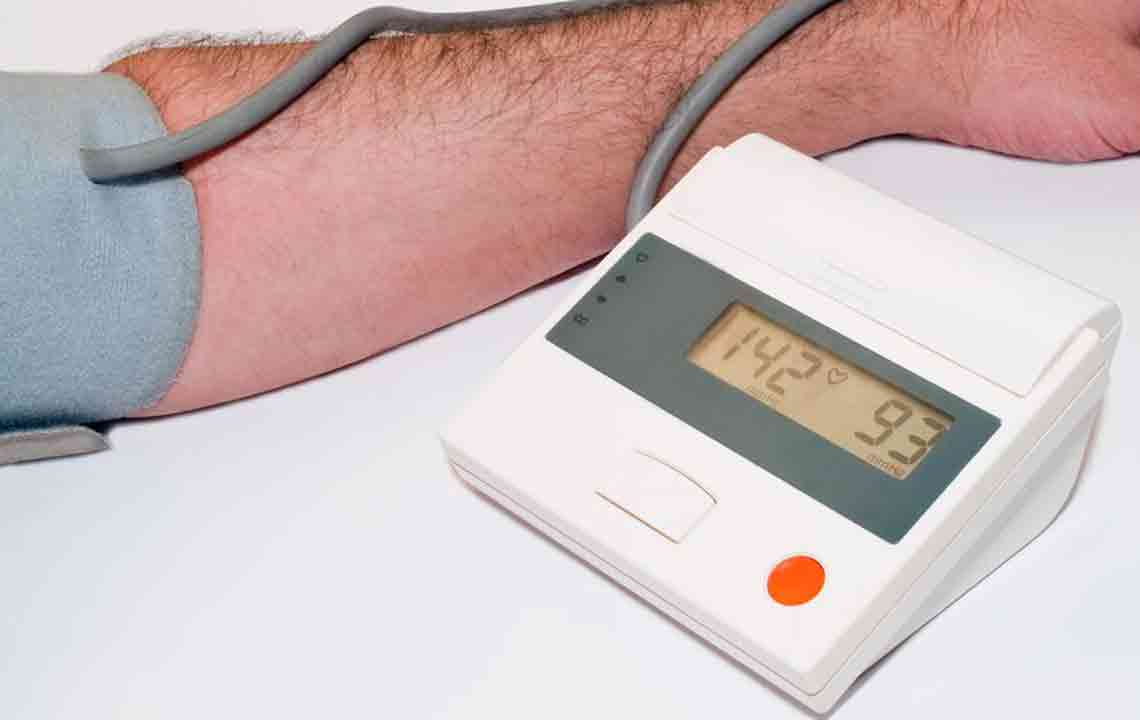Strategic Approaches to Lower Cholesterol for Better Heart Health
This comprehensive guide explores effective strategies to lower cholesterol levels and enhance heart health. It highlights dietary modifications, exercise routines, smoking cessation, and weight management as crucial components for reducing harmful cholesterol and promoting cardiovascular wellness. Implementing these habits can lead to a healthier lifestyle and prevent serious health issues associated with high cholesterol, making it essential for those seeking to improve their overall well-being and longevity.

Strategic Approaches to Lower Cholesterol for Better Heart Health
High cholesterol levels pose a significant threat to cardiovascular health, increasing the risk of conditions such as heart attacks and strokes. Ensuring your cholesterol remains within healthy limits is a vital aspect of overall wellness and long-term disease prevention. Achieving optimal cholesterol levels involves a comprehensive approach centered around lifestyle modifications, dietary planning, and regular physical activity. These lifestyle changes, when adopted consistently, can lead to meaningful improvements in your health, reduce risks, and enhance your quality of life. It’s not just about medication; it’s about creating sustainable habits that support your heart’s health.
Effective management of cholesterol begins with understanding the impact of diet. Limiting foods high in saturated and trans fats is crucial, as these contribute to elevated LDL cholesterol, often dubbed the 'bad' cholesterol. Instead, emphasize a diet rich in healthy monounsaturated and polyunsaturated fats found in sources such as olive oil, nuts, seeds, and fatty fish like salmon and mackerel. Incorporating low-fat dairy options also supports heart health without compromising essential nutrients. Furthermore, increasing your intake of dietary fiber, especially soluble fiber found in oats, beans, and fruits, can help reduce LDL cholesterol levels.
Physical activity is another cornerstone of cholesterol management. Engaging in at least 150 minutes of moderate aerobic exercise per week, such as brisk walking, cycling, swimming, or jogging, can increase your HDL cholesterol—the 'good' cholesterol—and help lower LDL levels. Regular exercise also promotes weight management, which is vital since excess weight often correlates with higher cholesterol. Combining diet and exercise effectively creates a synergistic effect, amplifying the benefits and supporting overall cardiovascular health.
Quitting smoking is a powerful intervention that can dramatically improve your lipid profile. Studies show that within minutes of quitting, your cardiovascular system begins to recover, and over time, your cholesterol levels and overall heart health significantly improve. Smoking cessation also reduces opportunities for plaque buildup in your arteries. Managing weight through a balanced diet and consistent physical activity is essential because excess weight can elevate LDL cholesterol and triglycerides. Prioritize gradual, sustainable lifestyle changes that foster lasting health benefits as part of your cholesterol-lowering strategy.





